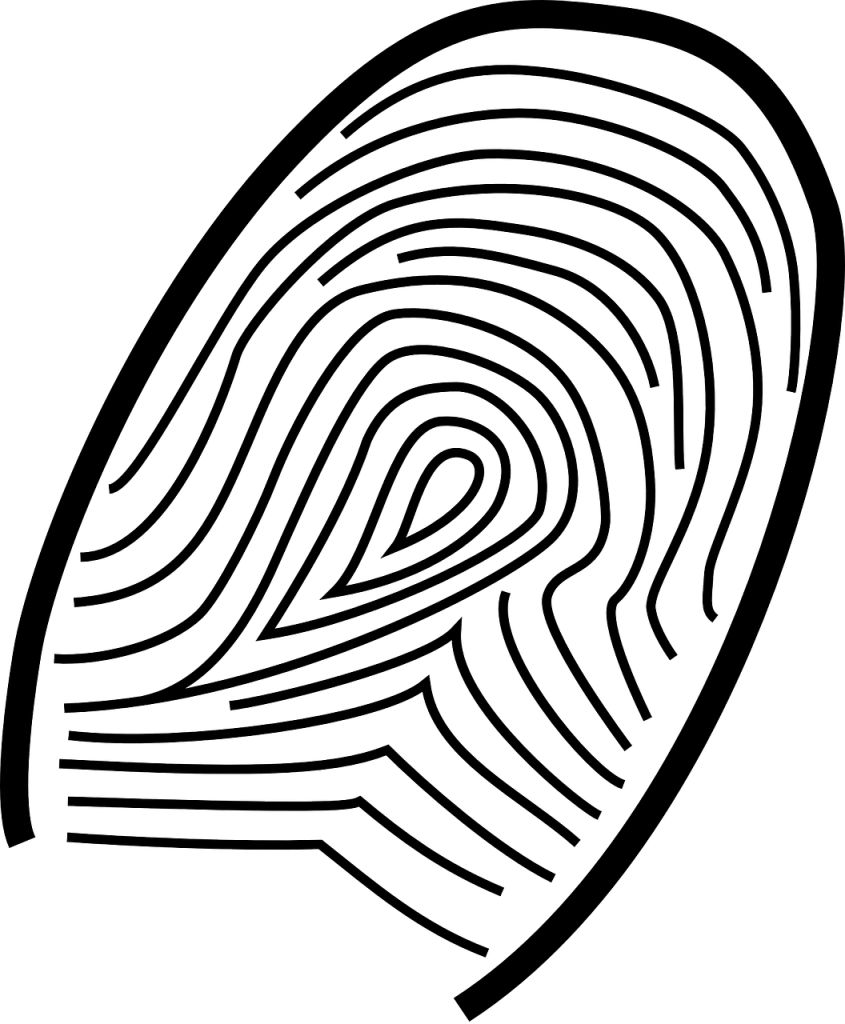
Biometrics as a Service: Innovation at a Cost
Modern technology and the internet have allowed businesses to provide virtually anything as a service. Everything-as-a-service is convenient for the customers and profits the enterprises, making it a trendy, feasible business model.
Biometrics is no exception. The application of analytics on biological data, biometrics is a trending vertex between technology and biology capable of identifying and verifying people. Biometric technologies such as fingerprint, retina, and facial scanners are already becoming a significant part of technology. From our phones to secure door locks, we see biometric technologies all around us.
However, companies today are selling biometric data to buyers, allowing businesses to track virtually any human they wish.
Biometrics as a Service is becoming a popular stream that’s home to countless innovations in the field of AI. But there are certain risks associated with BaaS that are a threat to your privacy.
In this post, we’re going to explore Biometrics as a Service, its advantages, its dangers, and the future of BaaS. Let’s begin!
What is Biometrics as a Service?
Biometric data such as fingerprint and retina scan are helping countless industries become more secure with reliable verification. As biometrics becomes alluring to an increasing number of businesses, Biometrics as a Service has become an alluring alternative to purchasing biometric technologies.
In a nutshell, Biometrics as a Service is a company that keeps records of everyone’s biometric data and maintain servers that run biometric software. This company leases the data and/or biometric software to other enterprises.
Taking advantage of cloud computing, companies can identify people using their biometrics without ever having to maintain their own biometric database and technologies!
The Benefits of BaaS
The main advantage of biometrics as a service is that businesses can quickly add and adapt to biometric data, software, and infrastructure with little investment of time and money.
A prevalent use case for BaaS is companies don’t have to keep any biometric database while they can easily verify the identity of employees and/or customers. They don’t require any software or infrastructure, and thereby no special biometric IT staff.
A more serious use case for BaaS is for the government and law enforcement agencies. Police can tie up with biometric service providers, using which they can simply upload a photo of the victim or a blood sample, and the biometric software can provide all the crucial details of the criminal.
The Dangers
While BaaS makes biometric data faster and easier to access, record, and maintain, there are serious privacy issues concerned with the same.
To begin with, promoting BaaS is also promoting the centralization of data. This means a single company has essential data of a lot of people in the world. In a world where data is empowering entire businesses, this can be dangerous.
Moreover, as an individual, you might not want to have your biometric data in the hands of a private organization. However, as BaaS becomes more prevalent and biometric companies gain access to your images on social media, your privacy becomes endangered.
Ultimately, BaaS without regulations will make you less valuable than your data. Any organization can get your biometric and other data and use it to manipulate your behaviour and influence your choices.
The Future of Biometrics as a Service
The market has grown by over 17% in 2020 and is predicted to grow more in the years to come. Given its important benefits and grave dangers, what does the future hold for BaaS?
At present, biometrics is almost entirely focused on market products such as phones and laptops that have fingerprint and facial recognition. However, law enforcement agencies such as American detective units in sex crimes are typing up with private companies such as Clearview AI to identify targets.
In the future, law enforcement will become much faster and easier thanks to biometric software and infrastructure made available as a service.
Nevertheless, it’s crucial that the governments worldwide set limitations to what a BaaS company can do with the sensitive data of its citizens.
BaaS must be limited to law enforcement and a select group of organizations; it needs to be kept away from private companies and malicious parties. As long as biometric data is kept away from unregulated third parties, BaaS can prove extremely useful for identity verification and tracing down convicts, amongst other applications.
But with the data in the wrong hands, BaaS will become an auction system where your sensitive data will be sold to companies that bid the most, making you less valuable than the data you produce.

